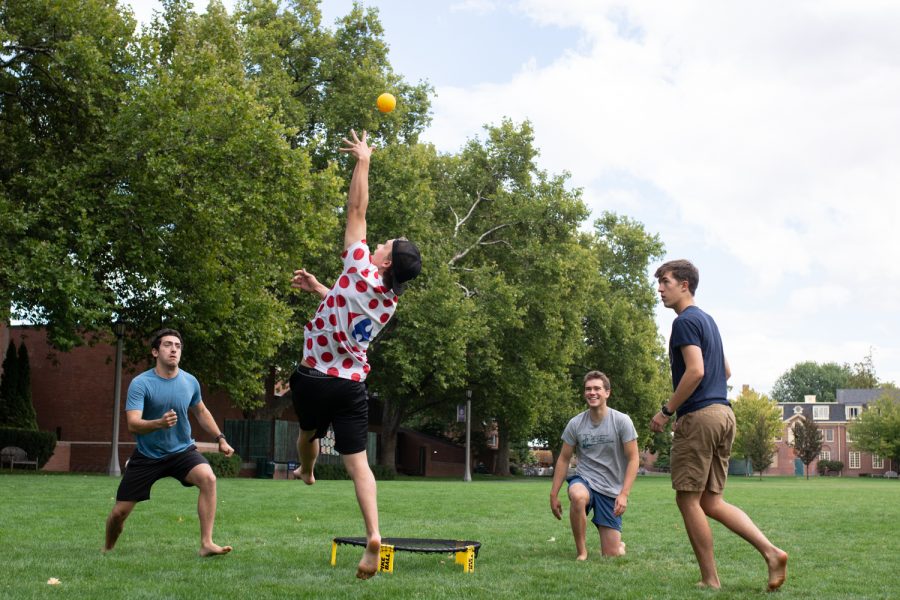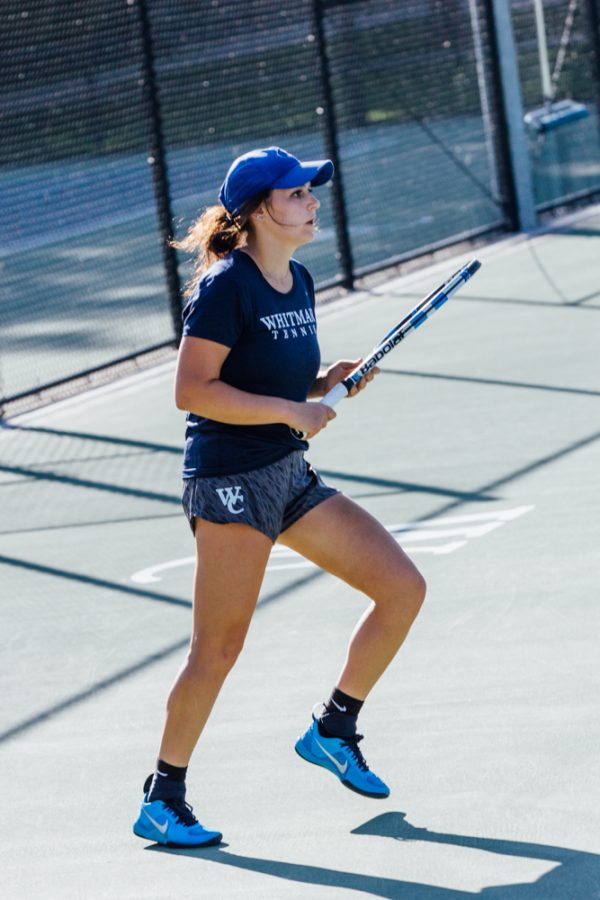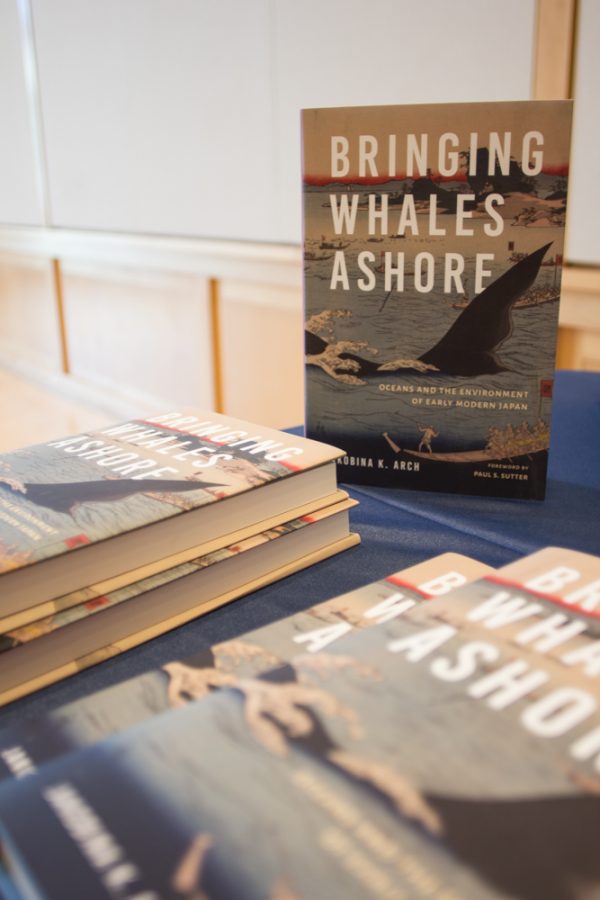

You know that irrational fatigue you get when you’ve done nothing but eat a lot and do minimal physical activity? I’ve just come from a four-hour car ride, but I’m battling that fatigue for you, Whitman (and random family members). I feel like I’ve been neglecting you.
The village near Fqih Ben Saleh was pretty small, composed of no more than 200 individuals. And it was rural: not rural in the sense that Whitman is a “rural” school that’s located four hours from any large city, but rural in how some of my neighbors were a family of cows, and the one sound I heard more frequently than the call to prayer was the call of the local rooster.

We were escorted into town by an ambulance, the only one used by the village, and were brought to our families by our host dads. I stayed with two other girls in the swank home of the village leader/butcher, Mohamed. In the same house lived his sister, his wife, his four children, and his brother and sister-in-law. The sister-in-law, Karima, was pregnant. She was also 17 years old. 17 years old. The same age as my younger brother. And her husband was 35. Fatima, Mohamed’s wife, was 27. Mohamed was 44. The age differences blew my mind. Apparently it’s common, though. Village men want young brides, so they’ll go for the 14- and 15-year olds. As an unmarried 20-year-old, I’d be considered an old spinster.

My time spent in the village made me appreciate the ability to communicate. Between the family and the SIT students, there were very few common words we knew. (The conversation we were able to hold the first night consisted of four words in Darija: meshi mushkil, meaning no problem, kuli, meaning eat, and safi, meaning I’m stuffed. The range of messages we were somehow still able to get across astounds me.) Mohamed spoke incredibly little French, so that helped only a bit. But I unfortunately forgot to bring my Arabic text book, so I was even more limited in whatever I wanted to say.
The lack of easy communication made no difference in their hospitality, however. In fact, their generosity was overwhelming. Meal times, for instance, always ended in meal comas. My “safi” was powerless in the face of their “kuli.” And meals are always loaded with sugar. While Moroccans may be slimmer than their American counterparts, the rate of diabetes is incredibly high: as of 2007, there were over one million diabetic Moroccans. (http://www.maroc.ma/NR/exeres/DA05D3B2-1D13-4736-937F-367635A1474F.htm) Goal for the rest of the semester: avoid becoming diabetic.
So, simply outlined, here was how I spent the past few days:
•Sunday: visited the region’s souq, the equivalent of Costco. There’s always something going on at the souq. You buy your meat there, your vegetables, treats for the kids at home, clothing at cheap prices, and maybe get a hair cut. There’s also time to socialize, gossip about the neighbors, and perhaps exchange tajine recipes.



•Monday and Tuesday: attend lectures on how to conduct field work, led by a man who was born in the area and has since conducted research in his hometown. Proceed to meet first with women, and then with men, to talk about migration. It’s interesting to note that the two genders view migration differently. The men were more bitter about it: even those who have been to Italy or Spain, for the most part, had little interest in returning. The women, in contrast, loved the idea of Europe. They said that they would rather marry a man migrating to Europe than a local Moroccan doctor. They also said that they wished they had more education before they got married. The men with whom we talked who did migrate did not do so for purely economic reasons: traveling to Europe is seen as something that young men do, akin to a young American moving to a major city right after high school or college.

•Tuesday morning: volunteer in the local school and *attempt* to teach 5- and 6-year-olds English. I’m pretty sure they now know the word “chair.”

•Tuesday lunch: tried cow brains. I wouldn’t recommend it. It looked like a cheese dip, but had a more rubbery consistency, in case you were curious.
•Tuesday night: Karima henna-ed me up, Rita gave us all scarves





